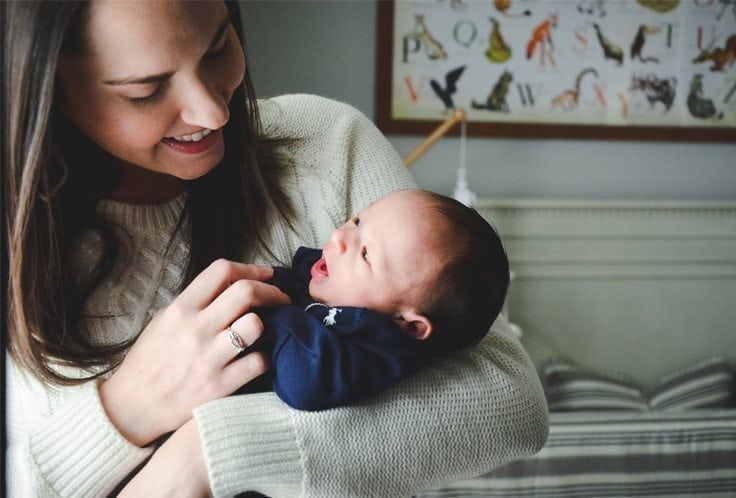Many baby experts—including the author of the widely lauded Baby Wise book—advocate a parent-led schedule for caring for a baby. With a parent-led schedule, you (the parent) set the daily agenda: determining when baby eats, plays, and sleeps (usually in that order). Parents who operate on this kind of schedule aren’t fond of deviation. Many say timing things (down to the minute) and consistency help babies learn to regulate their internal clock and give them the structure they need to thrive.
Children (babies included) love routine. Creating a schedule benefits both baby and mom — but listening to baby’s cues is imperative. You have to be willing to be flexible. Otherwise, you are going to go crazy. Baby is not a robot; baby is a human. And every human is unique and different. It stands to reason that one solution might not always work for every baby.

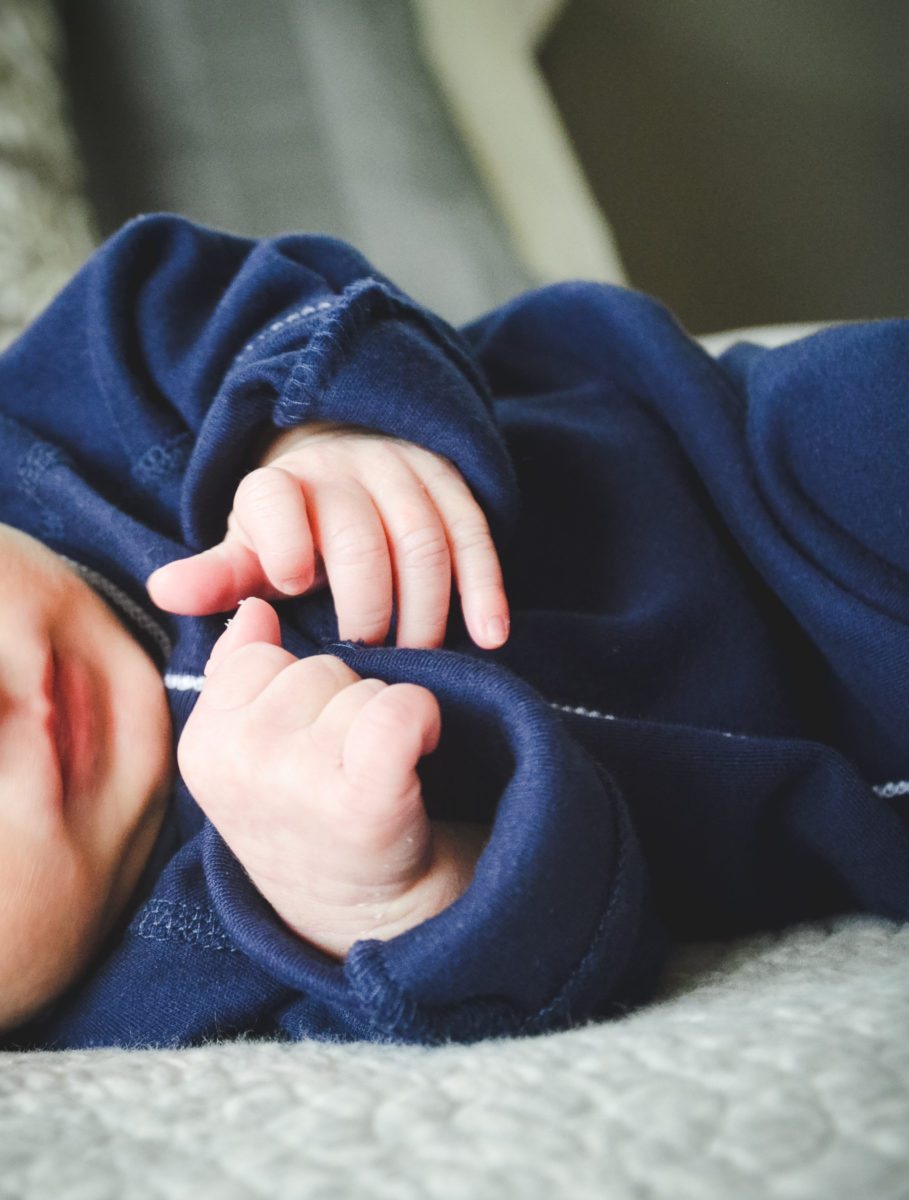
How Does the Eat, Play, Sleep Routine Work?
EAT.
Whether breastfeeding or bottle-feeding, they must get a full feeding (a full tummy) every time. Experts say this helps babies establish their metabolism (or internal clock), which should help them more quickly understand when it is time to eat, be awake, and sleep. Sounds great, right? However, many breastfeeding newborns tend to cluster feed, especially in the evenings. Advocates of the Eat, Play, Sleep method suggest baby should get about thirty minutes of feeding time at the breast — and say mom should do whatever is necessary (tickling baby’s feet, increasing stimulation) to keep baby awake for the entire feeding. They say this helps baby to sleep more soundly.
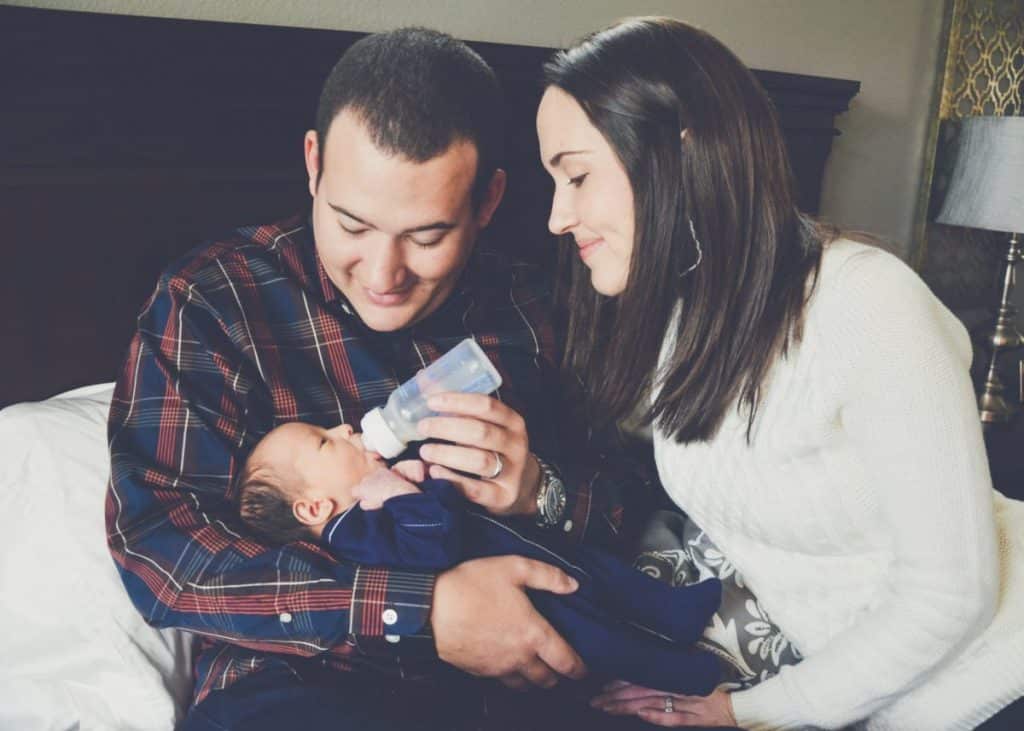
PLAY.
Although it’s tempting to put a “milk-drunk” baby straight down for a nap after feeding, many baby experts say this does not teach babies to fall asleep on their own without the assistance of the breast or bottle. They advocate keeping babies awake for feedings, except the one right before bedtime and any middle-of-the-night feedings. This awake time after a feeding should be used for play: this could look like tummy time, a lively bout in an exersaucer, or even reading books and singing (energetic) songs with mommy and daddy. Once baby shows signs of being tired, you can put them down for a nap. The activity and exercise should help baby sleep longer and more soundly. Don’t wait until baby is overtired! This could work against you. Keeping baby on a schedule should help you to learn and identify baby’s cues.
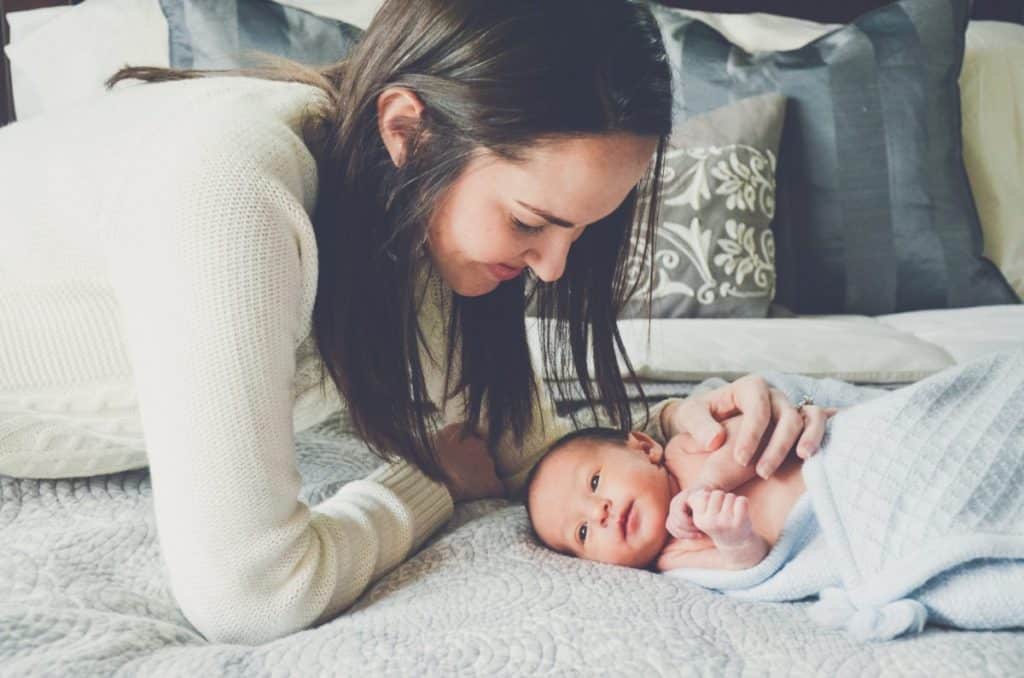
SLEEP.
Establishing a regular feeding and waking schedule can help baby to recognize when it’s time to nap. She will begin even to expect (and desire) it. Create a soothing environment for baby to sleep — baby should sleep in their own safe space, preferably in a dark, quiet room (a white-noise sound machine or soft lullabies are perfectly acceptable and often quite helpful, especially in the beginning when baby is missing all of the familiar sounds inside mommy’s belly). Dress baby in something comfortable, and make sure the room is at a comfortable temperature. Try swaddling baby or placing them in a sleep sack.
Ideally, baby should nap for at least an hour at a time. If baby is going through a “nap transition,” this might look more like 30 minutes. Sometimes baby will sleep less and eat more when experiencing a growth spurt. Additionally, Teething is beastly and can interrupt baby sleep patterns, but we won’t even go there (now). As baby becomes older, their naps will become shorter and less frequent. But hopefully, by then, she is (mostly) sleeping through the night!
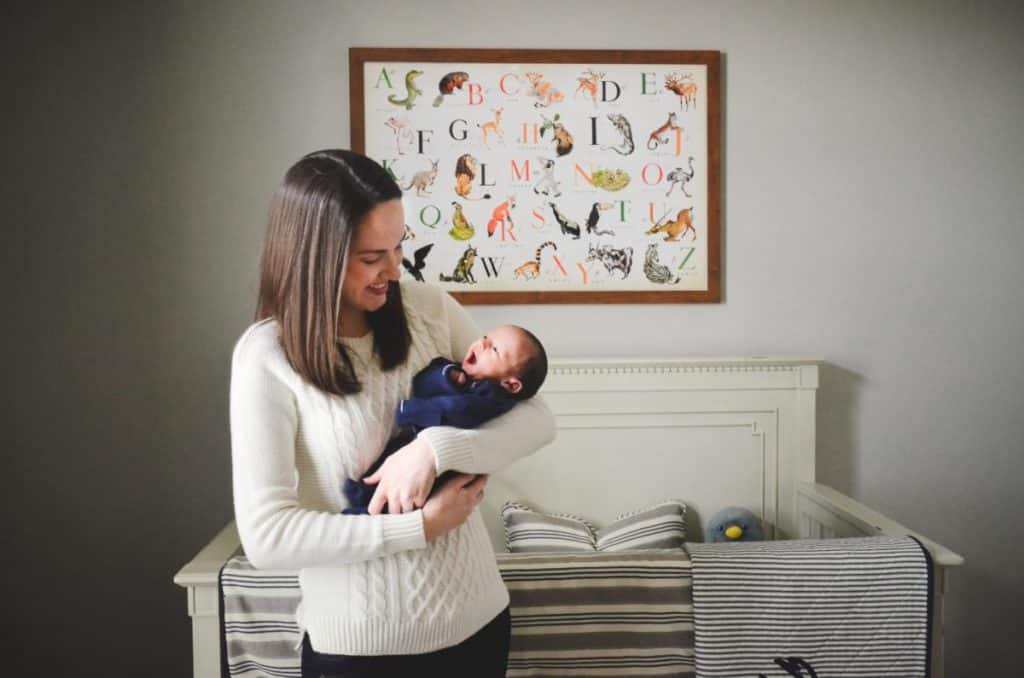
Is an Eat, Play, Sleep Schedule Right for Your Baby?
Many breastfeeding moms say that it’s much easier (and less stressful) to Eat, Sleep, Play — because breastfeeding lulls baby to sleep. The baby experts say this can be a hard habit to break because babies will expect to eat before bed every night. But for some moms, forcing baby to do something they don’t want to do seems nonsensical. They complain about feeling like a failure and become incredibly frustrated when they can’t make their little ones conform to an Eat, Play, Sleep schedule. They say, why not do what feels most natural?
Parents must decide what is best for their baby based on their needs. Stop worrying about being “the perfect mom” — this is a big fat lie created by Hollywood and the media — and instead, concern yourself with being the best mother you can be. Because you rock, mama. And eventually, that baby will learn to sleep, one way or another.













